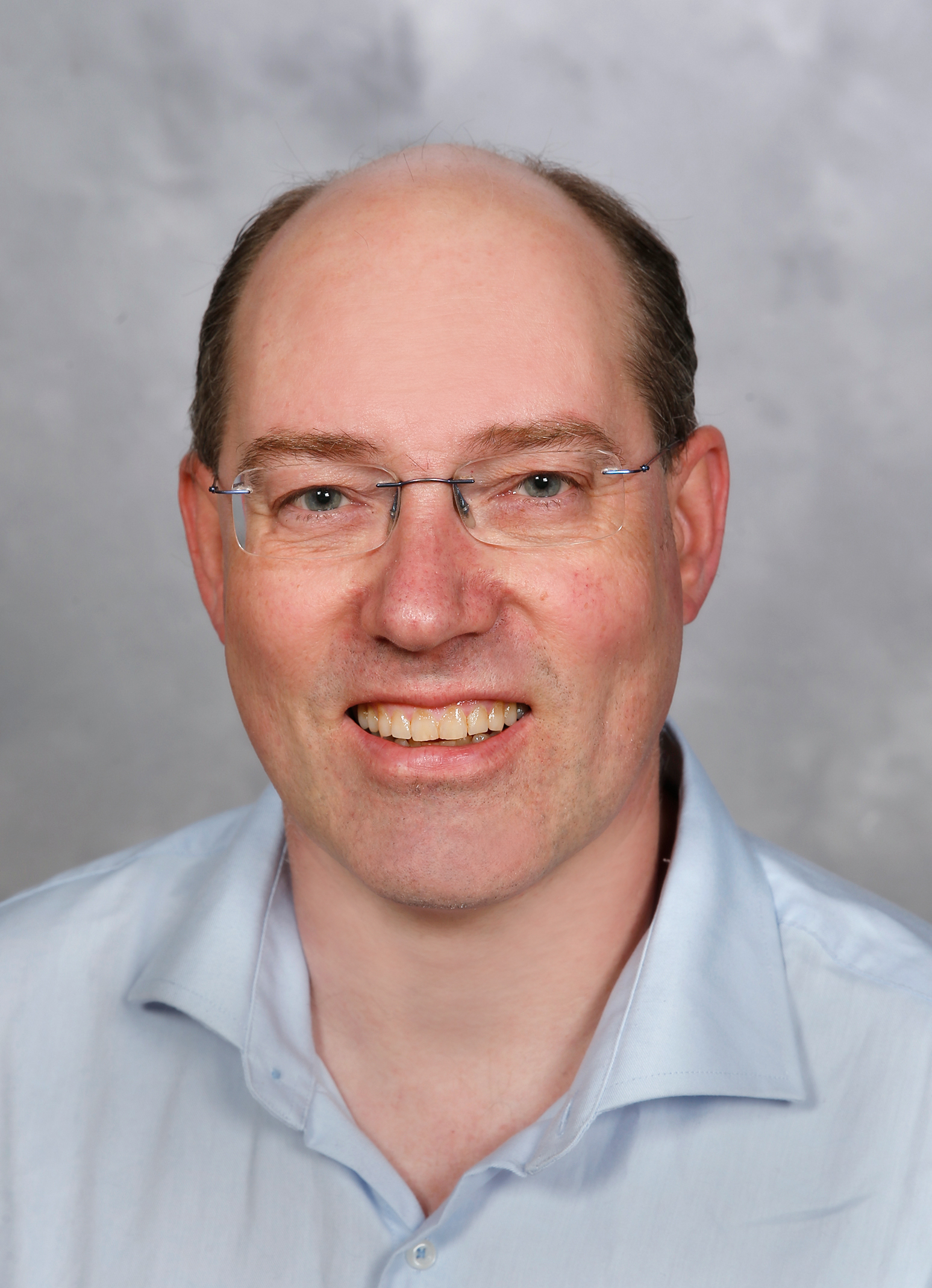Two Villum Investigator grants to professors at Department of Biology
Two professors at Department of Biology (and the National History Museum of Denmark) each just received the prestigious Investigator grant from the Villum Foundation.
Professor Guojie Zhang: ‘Phylogenomic solution for understanding biodiversity process”
The upcoming decades will provide the best, and likely last, chance for us to make a difference in protecting the Earth’s biodiversity. This enormous task can be achieved only with comprehensive knowledge of genomic structural blueprints underlying the processes that sustain global biodiversity.

Department of Biology
Guojie Zhang’s research group uses comparative phylogenomic approaches to reveal the macroevolution process and study the genetic mechanisms underlying global biodiversity patterns. By taking advantage of the fast evolving genomic sequencing technologies and the rich collections for animal specimens in the museums, Zhang’s group has initiated several large international genomic projects, such as Bird Genome 10K (B10K) and Global Ant Genomics Alliance (GAGA) to address questions related to animal speciation process and tree of life, the genetic basis of complex animal traits, and their adaptiveness to specific environmental conditions. The Villum Investigator Grant will support Guojie Zhang to establish a Center for Biodiversity Genomics (CBG) that combines genomics and computational biology with biodiversity research, systems biology, evolutionary biology and developmental biology.
This centre will develop computational tools to handle the huge amount of animal genomic data with in unprecedented scale and build the evolutionary models to integrate the genomic and ecological information.
Professor Carsten Rahbek: ‘What determines geographical patterns of biodiversity? The role of tropical mountains and the causes of their extraordinary biological diversity’.
Life on Earth is diverse and exhibits striking patterns in distribution. Since the days of Humboldt, Wallace, and Darwin explaining biodiversity distributions has been a major focus of research but we still are unable to do so. Current hypotheses are especially challenged when it comes to explaining the extraordinarily high species diversity of mountain regions, particularly in the tropics, where the greatest biodiversity is found.

Department of Biology
With the aim of elucidating some of the fundamental biological laws determining the geographical distribution of life on Earth, this project combines millions of data on the distribution and evolutionary history of tens of thousands of vertebrate species, with new field-collections in the Andes, new next-generation genomics data and data collected by satellite-tracking the movement of tropical birds.
With a temporal scope of >100,000 years and a spatial framework ranging from global patterns to local communities, the proposed research will combine data and process-based models to address three questions fundamental to understanding large-scale patterns of biodiversity:
This research program will answer three central questions relating to this challenge.
- Why are tropical mountains so extraordinarily rich in species, compared to lowlands?
- How can environmental conditions and evolutionary and ecological mechanisms and stochastic effects be brought together in spatially explicit, predictive models of biodiversity?
- Using these models, what can we discover about a) species populations, b) range size, c) assemblages and d) the causes of geographical patterns in species richness across time and space?
Professor Carsten Rahbek has key research in biodiversity and how it relates to economy, climate and human health, holding threeprofessorappointments in Denmark, UK and China with broad experience both globally, regionally and nationallyinscience-policy applied activities.
The Villum Investigator grants will be presented on Villum Foundation webpage Tuesday April 2, 2019.
Kontakt
Professor Carsten Rahbek
University of Copenhagen
Tel: +45 3532 1030
Mail: crahbek@bio.ku.dk
Professor Guojie Zhang
University of Copenhagen
Tel: +45 3532 1292
Mail: guojie.zhang@bio.ku.dk
Helle Blæsild
Communication and press officer
Department of Biology, University of Copenhagen
Tel: +45 2875 2076
Mail: kommunikation@bio.ku.dk
Further information
Press release from Science
Press release from Velux Foundations
